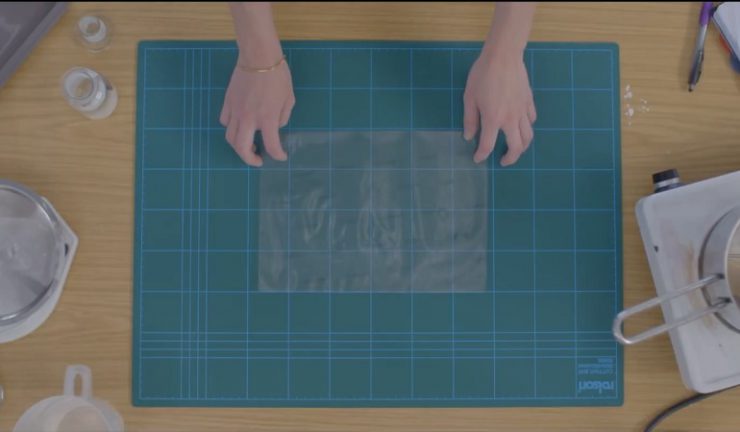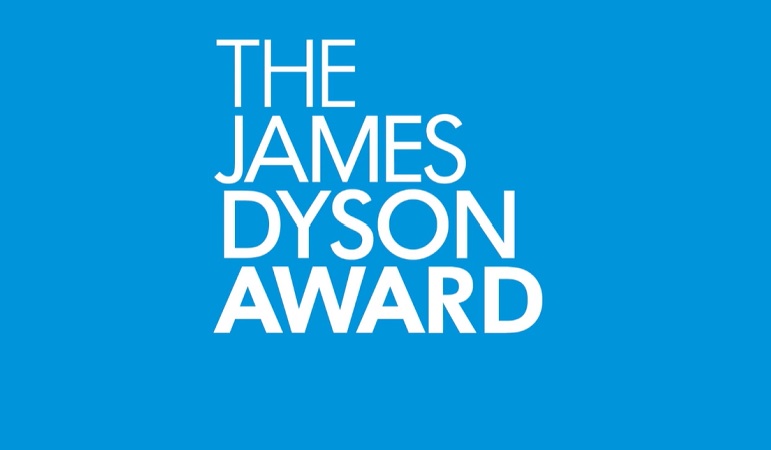Along with two runner-up awards.
University of Sussex student from the UK, Lucy Hughes has been named as the international winner of the James Dyson Award, with her attempt to solve the problem of both single-use plastics and inefficient waste streams by harnessing fish waste to create a unique plastic alternative, MarinaTex.
It is a bioplastic made of organic fish waste ordinarily destined for landfill or incineration and locally sourced red algae. It is a translucent and flexible sheet material, making it ideal for applications in single-use packaging.

Dyson founder Sir James Dyson said young engineers have the passion, awareness and intelligence to some of the world’s biggest problems.
“The James Dyson Award received some thought-provoking ideas this year – and more female entrants than ever – making the judging very difficult. Ultimately, we decided to pick the idea the world could least do without.
“MarinaTex elegantly solves two problems: the ubiquity of single-use plastic and fish waste and I hope it becomes part of a global answer to the abundance of single use plastic waste with further research and development.”
As international winner of the James Dyson Award, Lucy will receive $53,000.
This year for the first time, an Australian student placed in the top three for the international awards with Gecko Traxx by RMIT University student, Ryan Tilley chosen by James Dyson as the second runner up. He was also Australia’s national winner.

